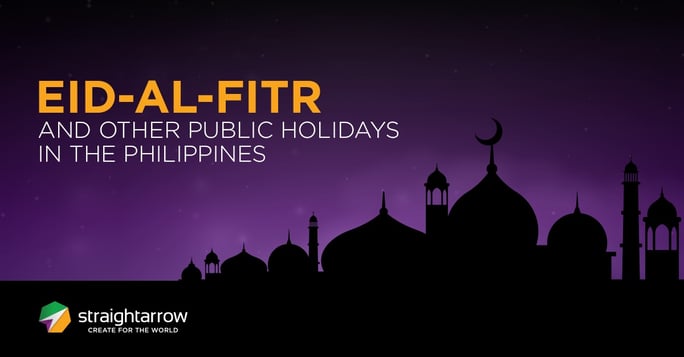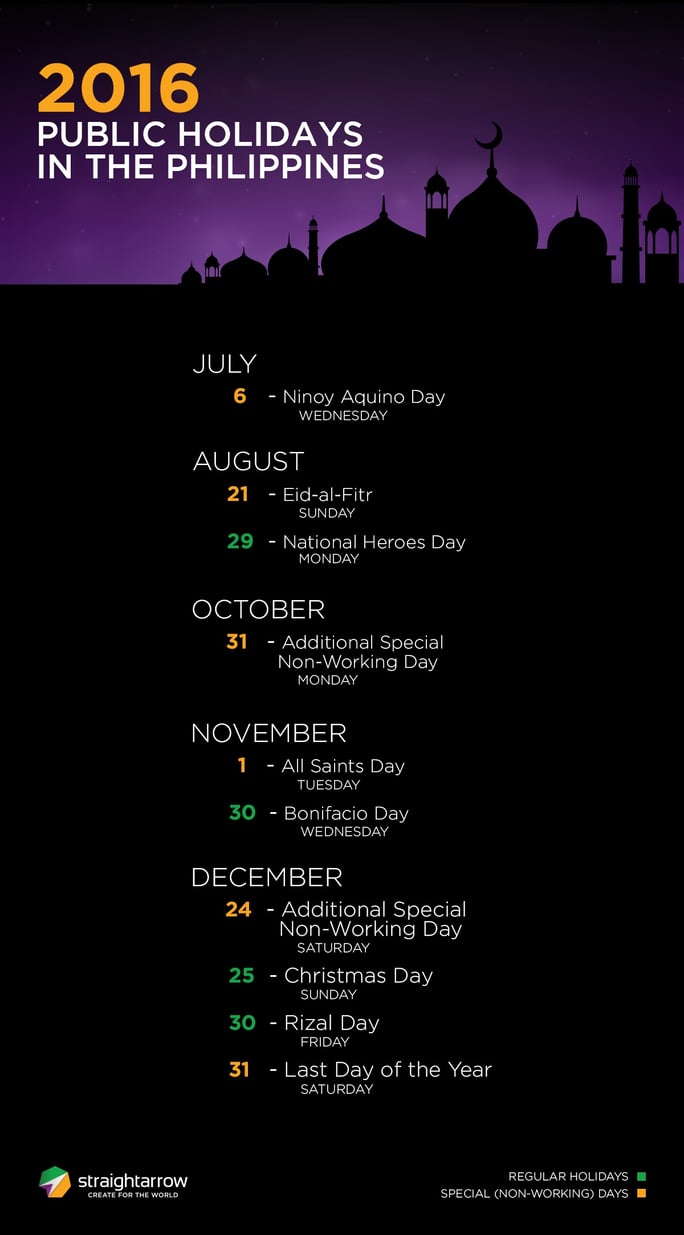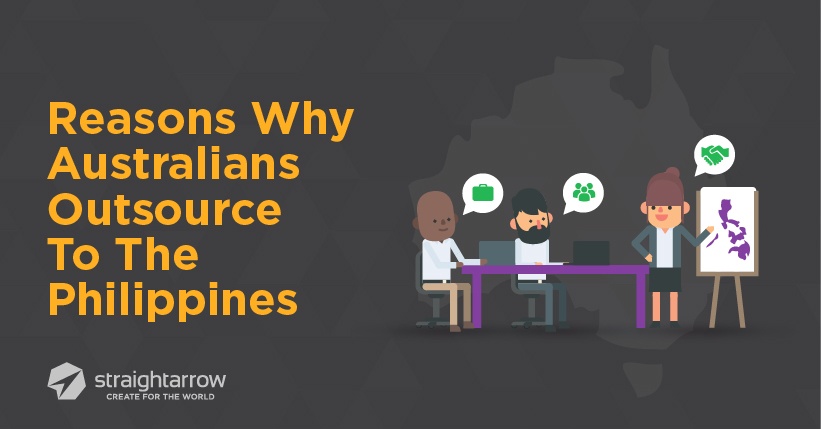
The Office of the President announced earlier today that the Philippines will mark Eid-al-Fitr with a public holiday on Wednesday, 6 July 2016.
Coming just two days ahead of the scheduled date, the last-minute proclamation seems ungainly, especially when other public holidays in the country are scheduled well in advance. Citizens might have been pinning their hopes on a probability, rather than a government announcement, but for businesses and organizations, the days leading up to the speculation had to be balanced with setting contingencies.
The problem is rooted in a difference in calendars. Islamic celebrations are based on the Hijri calendar, a lunar calendar consisting of 354 or 355 days. Religious holidays, such as Eid-al-Fitr and Eid-al-Adha, which is also a Philippine public holiday, do not fall on a fixed date on the Gregorian calendar—the one most commonly used—each year. Instead, these celebrations’ Gregorian dates are set by the National Commission on Muslim Filipinos based on the calendars’ equivalent days, as well as conventions set by the international Muslim community. The national government then communicates the date set to the public.
While the date may move each year, people and organizations can at least count on the celebration remaining a regular holiday—as opposed to a special non-working day—along with all the usual implications: members of the workforce are on break but are entitled to their compensation as usual, and twice their regular rate if their employers require them to work that day anyway (read about the types of Philippine public holidays). So when the official announcement does come, people know what to expect, while organizations that have plans in place for regular holidays have something to fall back on.
The acknowledgment of Eid-al-Fitr and Eid-al-Adha as public holidays is fairly recent, each having been written into law in 2002 and 2009, respectively. Such provisions follow a tradition of the country’s respect for religious traditions, though prior to those laws, only Catholic holidays had been observed. The inclusion of the two Islamic holidays aimed to give similar importance to the religious customs of Muslims, whose history in the country stretches back several centuries to prominent sultanates in the Southern Philippines.
Available below is a list of the remaining public holidays in the Philippines for 2016.

Most public holidays are provided for by law, but the country’s national government has been known to declare additional holidays, as happened when the country hosted Pope Francis early in 2015, and again when it hosted representatives to the APEC summit later in the same year.
Companies and other organizations would do well to prepare contingency protocols that are fixed enough to provide stability, but flexible enough to remain relevant even when public holidays are declared with just a few weeks or day before their scheduled date.
If you are looking for more advice on doing business with companies working out of the Philippines, particularly in outsourcing, take a look at our guide to creative process outsourcing.











Comments